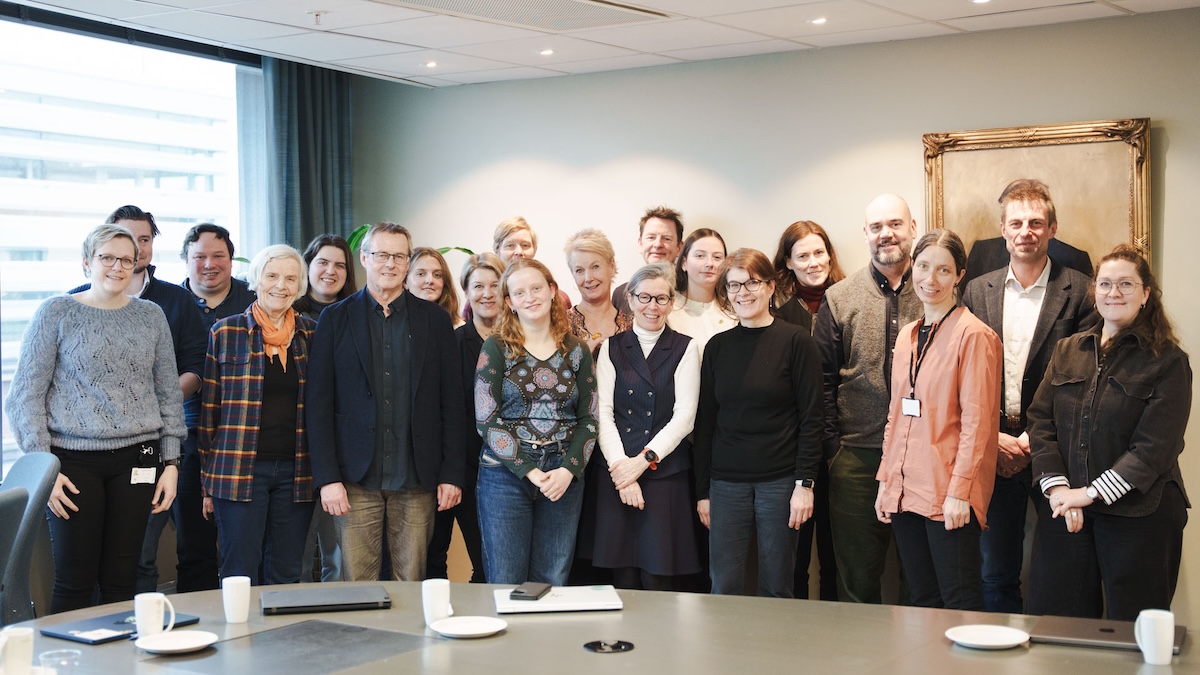 Risk assessment, traceability and labelling are still mandatory for all GMOs, including gene-edited ones
Risk assessment, traceability and labelling are still mandatory for all GMOs, including gene-edited ones
On 26 May the Parliament in Norway adopted some changes in the GMO regulation – and the result, according to Aina Bartmann, CEO of the GMO Network Norway, is largely positive for those concerned about the effects of GMOs on public health and the environment.
In a statement, GMO Network Norway said it was convinced that a "modernisation" of the Gene Technology act was necessary. It added that the agreed changes "stimulate research and innovation, while at the same time taking into account health and the environment. Requirements on sustainability, ethics and benefit for the society are also retained."
GMO Network Norway continued, "It is also of fundamental importance that consumers and producers retain the right and opportunity to choose GMO-free alternatives. The decision in the Parliament is in line with the GMO Network's most important input to new GMO regulation. The main principle in the law is that all GMOs, including gene-edited organisms, must be processed on a case-by-case basis. This means independent risk assessment, traceability and labelling for all GMOs."
In addition, no application for field trials is possible without a health and environmental risk assessment.
Aina explained that there is no change in the purpose or requirements of the law. The agreed text says the purpose of the law is to "ensure that the production and use of genetically modified organisms and the production of cloned animals take place in an ethically justifiable and socially acceptable manner, in accordance with the principle of sustainable development and without adverse effects on health and the environment".
She said an important part of the law covers "requirements relating to approval" of new GMOs. On this issue, the agreed text says: "The deliberate release of genetically modified organisms may only be approved when there is no risk of adverse effects on health or the environment. In deciding whether to grant an application, considerable weight shall also be given to whether the deliberate release will be of benefit to society and is likely to promote sustainable development."
An important caveat is that if the EU changes the definition of GMOs to exclude products of "new GMO" techniques (new genomic techniques, NGTs), Norway is committed to follow, because it is a member of the European Economic Area (EEA). EEA membership means that although Norway is not a member of the European Union, it participates in the EU's single market, allowing free movement of goods, services, people, and capital, on the basis that it follows the relevant EU rules.
It will take some months for the revised law to be implemented.
Photos of members of the GMO Network Norway courtesy of GMO Network Norway. Aina Bartmann is in the centre.










